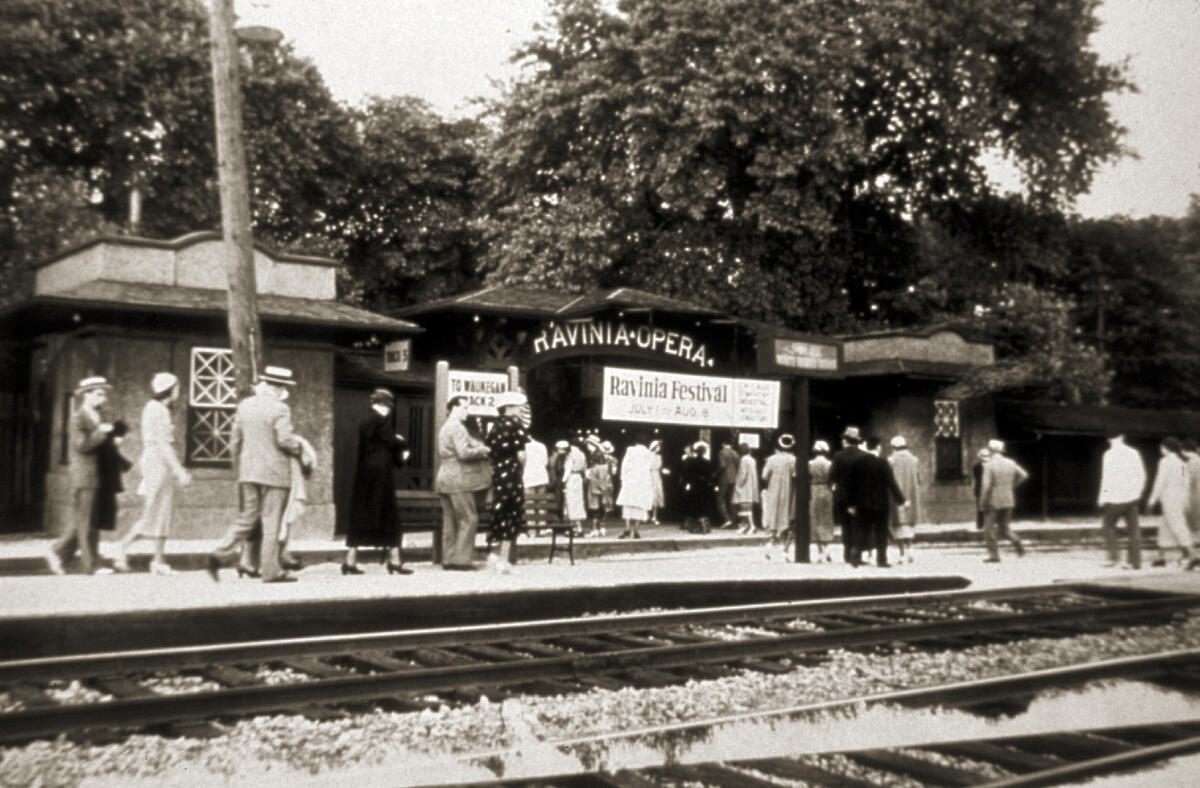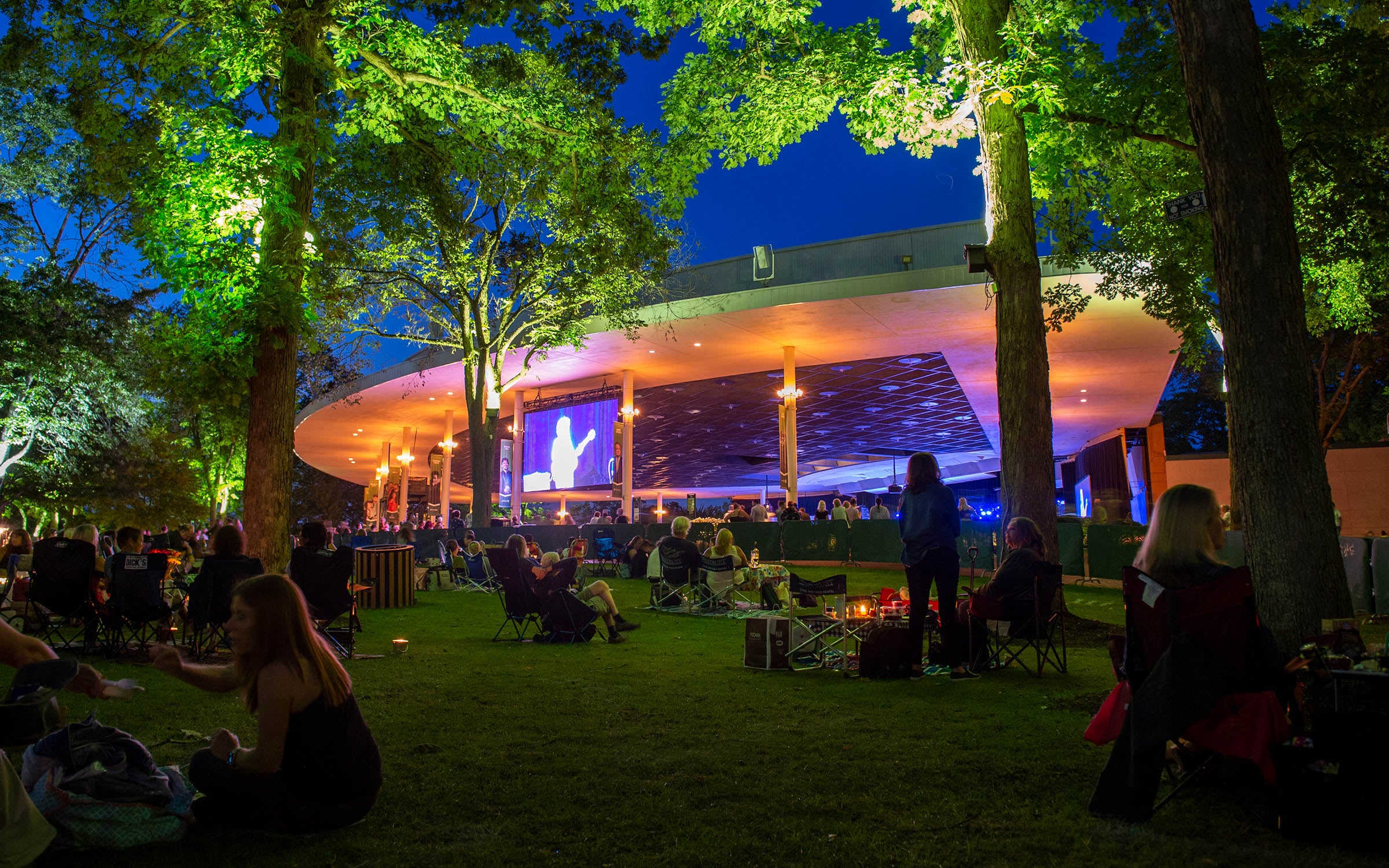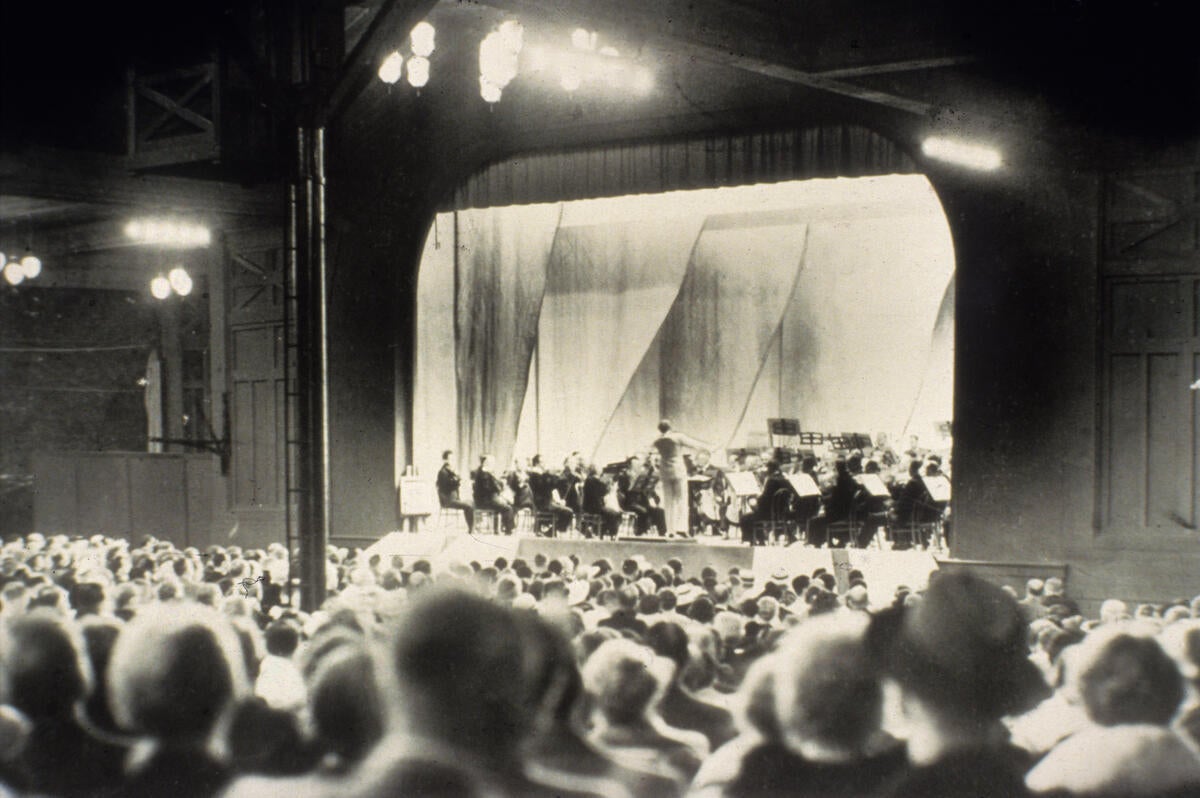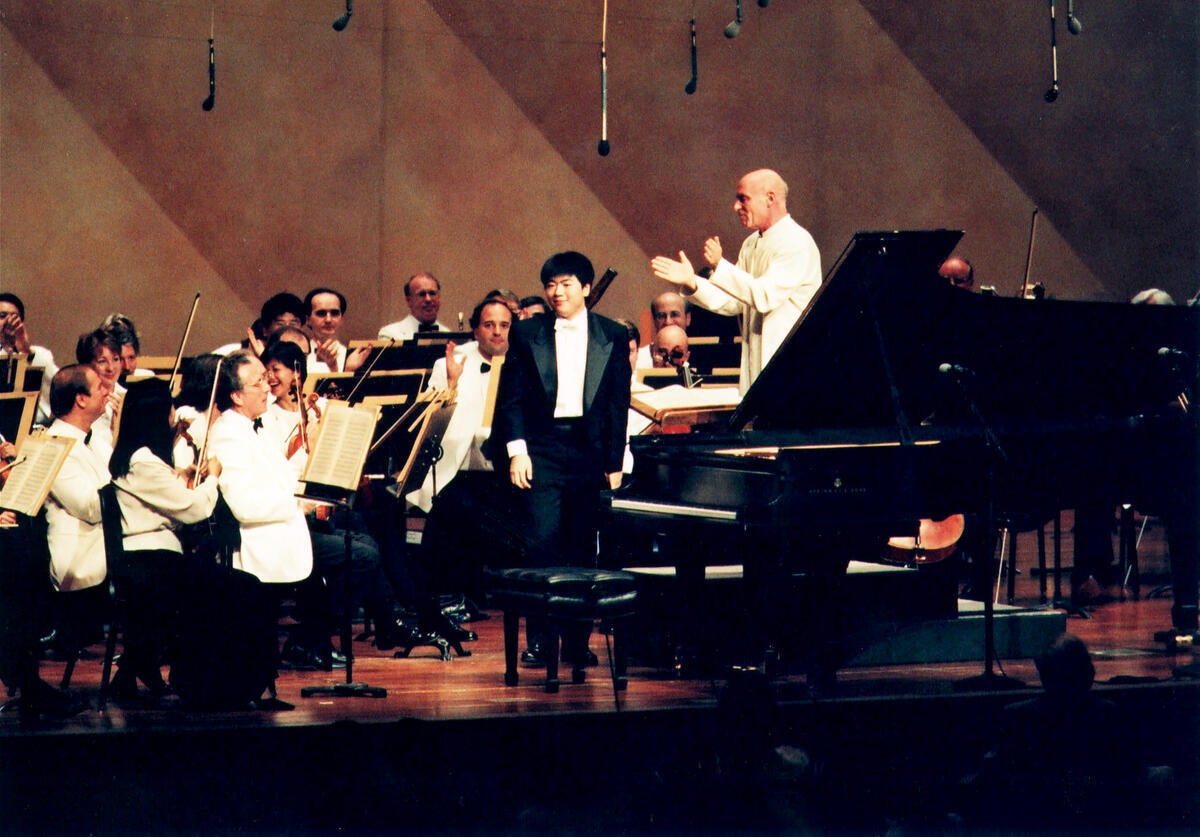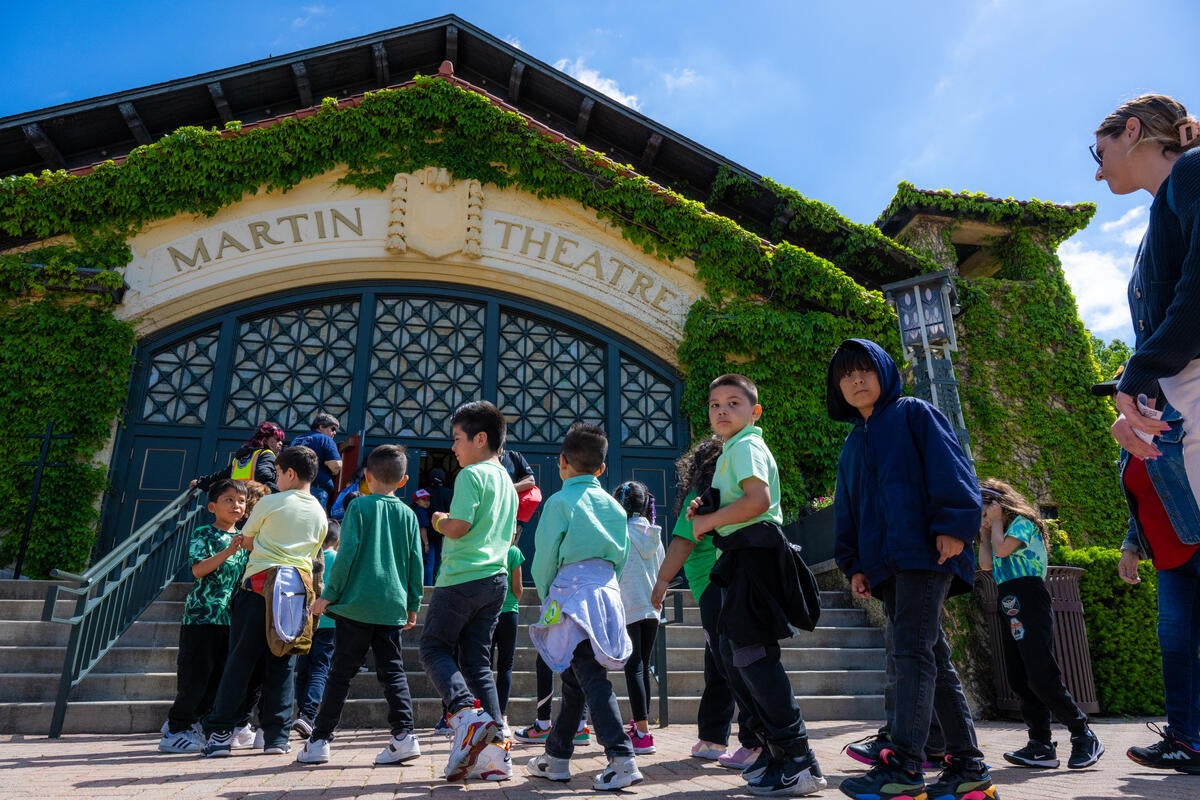Ravinia continues to attract headline-making artists from all genres of music. The festival’s illustrious roster includes (alphabetically): Marin Alsop, Louis Armstrong, The Beach Boys, Leonard Bernstein, Tony Bennett, Glen Campbell, The Carpenters, Ray Charles, Chicago, Van Cliburn, Common, James Conlon, Aaron Copland, Elvis Costello, Crosby Stills & Nash, Miles Davis, Plácido Domingo, Gustavo Dudamel, Bob Dylan, Earth Wind & Fire, Duke Ellington, Christoph Eschenbach, 50 Cent, Ella Fitzgerald, Sir James Galway, George Gershwin, Dizzy Gillespie, Jascha Heifetz, Janis Joplin, Lady Gaga, Yo-Yo Ma, Stevie Nicks, Jessye Norman, Dolly Parton, Luciano Pavarotti, Itzhak Perlman, Bonnie Raitt, Diana Ross, Mstislav Rostropovich, Santana, Steely Dan, Isaac Stern, Sting, Igor Stravinsky, Daniil Trifonov, Tina Turner, Frederica von Stade, Yuja Wang, John Williams, and Frank Zappa & the Mothers of Invention. Pianist Lang Lang was launched to international superstardom from the stage of Ravinia’s 1999 Gala. Six of the CSO’s music directors first appeared with the orchestra at Ravinia, including Sir Georg Solti and Riccardo Muti. Aretha Franklin’s final full-length concert occurred at Ravinia. In the early 2000s, Ravinia created a series of original productions of Stephen Sondheim musicals with a repertory ensemble that included Audra McDonald, Michael Cerveris, and Patti LuPone, who would go on to win a Tony for her re-creation of the title role in Gypsy on Broadway, a performance she first gave at Ravinia.
